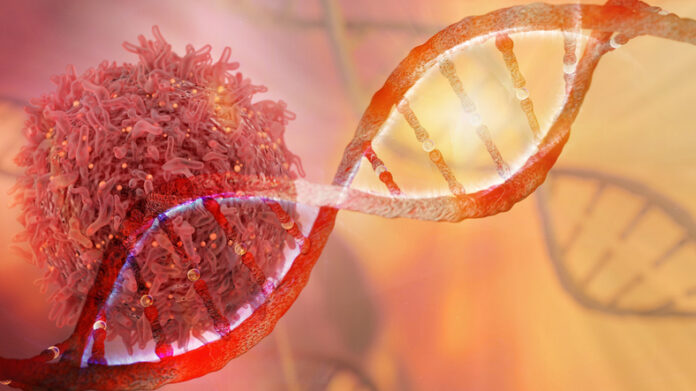
Danish biotech Nordic Bioscience has received formal encouragement from U.S. regulators to further develop its unique, blood-based cancer biomarker.
The company, which specializes in precision medicine, has been given a Letter of Support (LoS) from the U.S. Food and Drug Administration to encourage study of PRO-C3 in patients with solid tumors.
The biomarker holds potential for a blood test of cancer aggressiveness and could help bring more targeted therapy to patients at a lower cost.
The notice endorses further exploration of PRO-C3 as a prognostic biomarker for survival in clinical trials of these patients, who are at increased risk of poor outcomes.
Data from several clinical studies suggest that PRO-C3 is associated with overall survival.
“This is the world’s first blood-based tumor fibrosis biomarker for patients with aggressive solid tumors,” said chief executive officer of Nordic Bioscience Morten Karsdal, PhD, in a press statement.
“We strongly believe in the value and performance of our PRO-C3 biomarker and are proud to receive the LoS from the FDA. This recognition aligns with our belief in the biomarker’s potential. Ultimately this is all about helping patients fight cancer by supporting drug developers in bringing treatments to market faster and at a lower cost.”
FDA director of the office for Drug Evaluation Sciences Jeffrey Siegel, MD, added: “We encourage exploration of the PRO-C3 biomarker as a prognostic enrichment biomarker for patients with solid tumors who are more likely to experience adverse outcomes.”
PRO-C3 is linked with the tumor fibrosis that occurs across solid tumor types and is associated with greater tumor progression and poorer survival.
It represents a particular peptide fragment released into the bloodstream during the formation of type III collagen and associates with the activity of cancer-linked fibroblasts and, therefore, tumor fibrosis.
The current standard for assessing tumor fibrosis in patients with solid tumors is staining of total collagen content with Sirius red or trichrome, or by staining for collagens with antibodies for more detailed immunohistochemical assessments.
“A blood-based biomarker such as PRO-C3 for evaluating tumor fibrosis may provide a novel and clinically applicable tool for patient selection and risk assessments that is non-invasive and potentially more accessible than the standard tumor biopsy based approach,” the LoS states.
It notes that further work is required to examine the clinical utility of PRO-C3 as a prognostic enrichment biomarker in patients with different solid tumor types and treated with different types of treatment including immunotherapy.
PRO-C3 is measured using the Roche Diagnostics cobas e automated platform, which is designed to enhance the robustness and accuracy of sample measurements. This platform also enables the development of future in-vitro diagnostic use.
Nordic Bioscience have a collaboration agreement with Roche Diagnostics to make its PRO-C3 assay broadly available on Roche Diagnostics cobas e automated platform.











